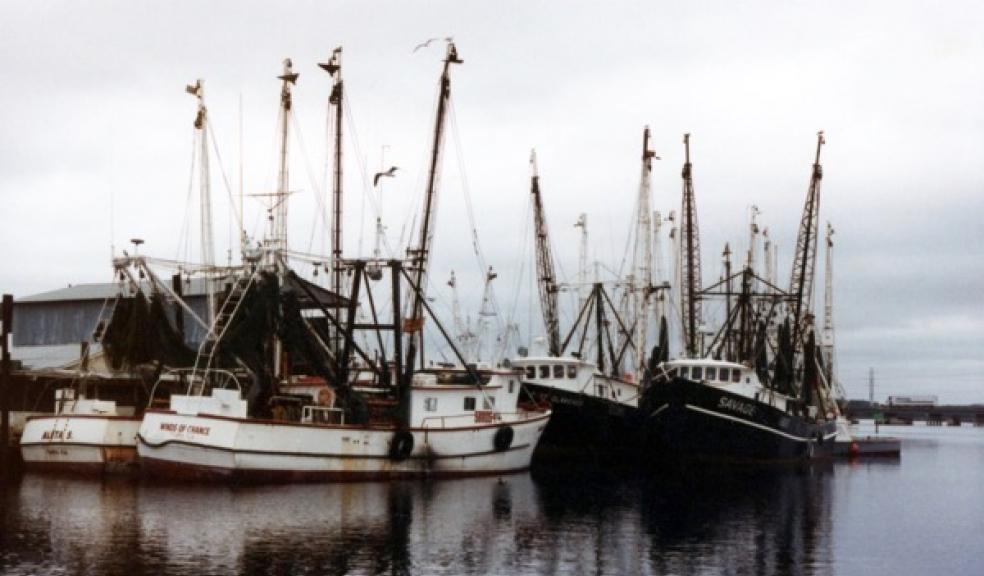
Is this the end of the line for Devon’s small boat fishing fleets?
Devon’s fishing communities are in crisis. The uncertainties of Brexit combined with a raft of new legislation are seen as further nails in the coffin of an industry already hard hit by declining catches, dwindling fleets and growing hardship for fishing communities across the county.
For Seafarers Awareness Week (8-14 July) the leading maritime charity, Seafarers UK, is warning there is only a brief window of opportunity to prevent the region’s small boat fishing fleets becoming a thing of the past.
Devon has over 12 ports and fishing is still a major source of revenue for a number of them. In 2016 Brixham was crowned Port of the Year in the UK's only awards ceremony celebrating the commercial fishing industry.
But Seafarers UK’s Fishing for a Future report has identified two Devon ports, Plymouth and Brixham, where residents suffer far higher levels of deprivation than the national average as a result of the challenges faced by the sector.
Seafarers UK is calling on consumers, particularly in coastal counties and cities, to buy fresh local fish rather than fish imported from foreign waters, and to be more adventurous and try eating varieties of fish and shellfish that are plentiful around the UK’s coastline.
The number of fishing vessels in the UK fleet has fallen by 29% since 1996. Catches are 60% lower than they were in 1973 and the UK is now a net importer of fish. 75% of British caught fish is exported while 80% of the fish we eat is imported.
Many once thriving fishing fleets are now reduced to just a handful of boats.
Fishing is the most dangerous job in Britain; it is poorly paid, with many fishermen self-employed and living a hand to mouth existence.
There is a chronic lack of new blood coming into the sector, which largely consists of traditional family businesses with ageing skippers struggling to persuade family members to take over.
Many fishermen are dealing with depression, living in poor housing and suffering with chronic long-term work-related injuries.
Brexit presents what could be the final nail in the industry’s coffin, regardless of the outcome.
Many fishing communities have supported Brexit because of the quotas on their catches imposed by the EU. But leaving the EU would not automatically see a return to access to pre-EU fishing grounds and catch levels. Britain's fishing industry will need continued access to European markets if it is to thrive after Brexit - which will mean offering the EU major concessions in allowing foreign vessels to fish in UK waters.
Brexit would also mean an end to access to the European Maritime Fisheries Fund which provides grants to support improvements to ports, vessels and individual businesses.
Although it only employs 22,000 people and contributes a fraction of national GDP its demise would have a huge cultural impact on coastal communities across our islands. Centuries of our island culture and heritage – of which the UK’s fishermen and women have been powerful symbols – would be lost.













